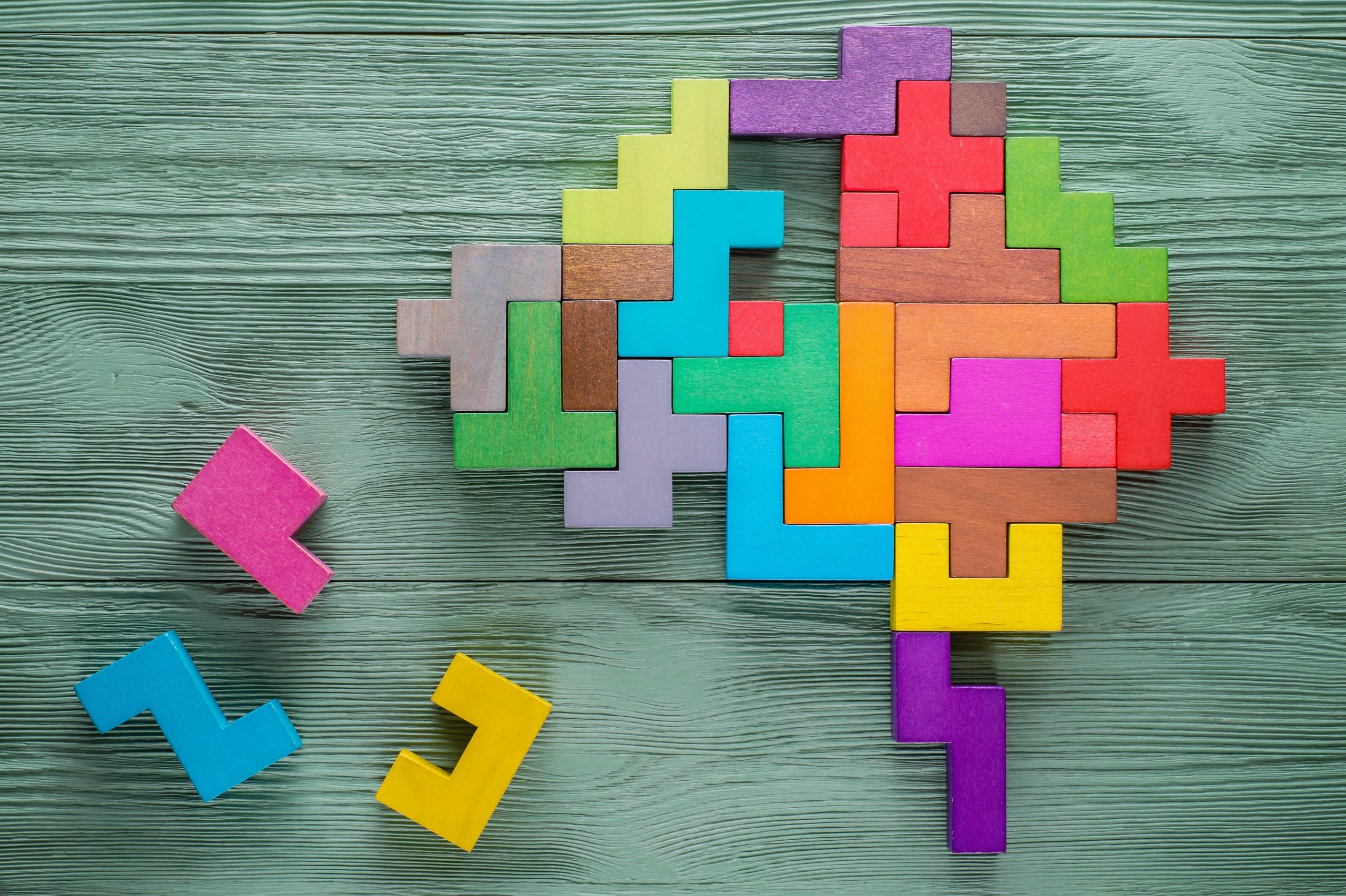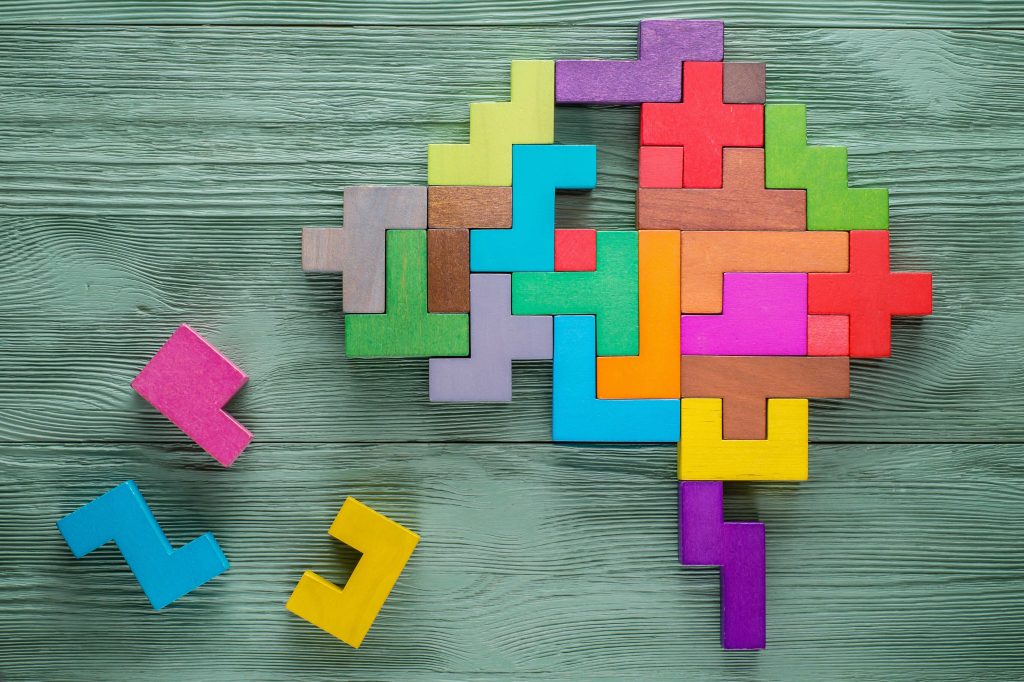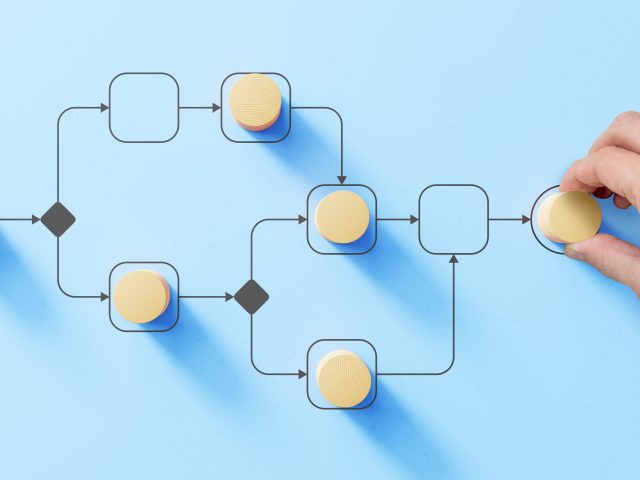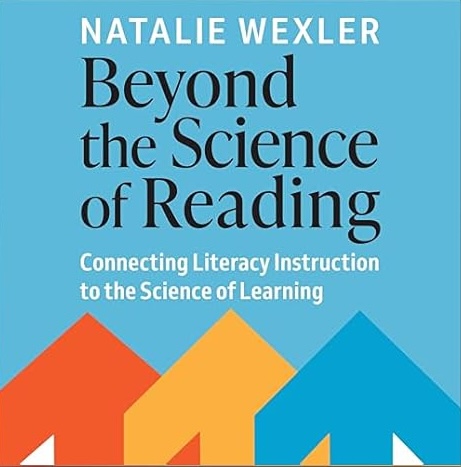
Teachers and school leaders turn to research — in part — because it can help us solve problems. Of course, the bigger the problem, the more urgent the need for a solution.
For this reason, we’re easily drawn to the more dramatic “research-based” claims. When a big problem has an easy solution — an easy solution with RESEARCH behind it — we’re tempted to adopt that new strategy right away.
In this blog post, I want to suggest — first — that we should slow down. And — second — that we should ask some important questions before we make big changes. After all: if the problem is big and urgent, we could make it worse by enacting an ill-considered solution based on flimsy research claims.

First: Slow Down
Carl Sagan famously said: “extraordinary claims require extraordinary evidence.”
Let’s imagine that I tell you: “You can add 20 points to your IQ just by eating raisins every day!” That claim is a biggie. You’ll want LOTS of VERY STRONG evidence to support it. (To be clear: I don’t know of any way to increase IQ at all — much less a raisin-centric diet.)
Dan Willingham made a related point in his book Why Don’t Students Like School? Willingham argues that — over a few hundred years — teachers have tried all sorts of strategies to help students learn. For this reason, it’s difficult to imagine that a simple strategy will have a surprisingly large effect. After all: if a one-step solution works so well, why hasn’t someone tried it — and reported on its benefits?
For this reason, it’s likelier that research will find incremental benefits to a new teaching strategy — and that the new strategy will require more than a simple tweak or two. In other words: we’ve (probably) already figured out the big, easy stuff. Research will help with the small, difficult stuff.
So, let’s consider the claim implied in my title: “playing Tetris can reduce PTSD symptoms.”
That claim pushes up against both Sagan’s and Willingham’s guidance. To me, at least, the idea that Tetris (of all things) helps with trauma — that’s extraordinary all right. And the idea that something as simple as Tetris will have an effect strains credulity. If reducing trauma symptoms is so easy, why haven’t we figured that out yet?
For both of these reasons: slow down.
Second: Questions to Ask
Most researchers take care to speak very precisely about the scope and limitations of their claims. Before we get carried away, we want to be sure we understand exactly what they’re claiming.
Here’s a handy approach. All published research begins with a one-paragraph summary of the study. This summary goes by a rather odd name: the “abstract.” So, read the abstract carefully and focus on the researchers’ precise claim.
I do need to warn you: an abstract is often — well — rather abstract. The researchers are condesing hundreds of hours and thousands of words and data-points into a dense paragraph. The abstract will not delight you. But it will tell you what you need to know.
In this study, the reseachers claim that a single session of Tetris reduces the frequency of intrusive memories of traumatic events. Notice several limits here:
- They don’t make broad claims about PTSD. Instead, they make claims about one specific symptom — intrusive memories.
- They don’t claim to cure PTSD. Instead, they claim to reduce the frequency of intrusive memories.
- They don’t claim that the strategy works for everyone. Instead, they claim it worked for nurses in Swedish hospitals who had experienced traumatic events while treating Covid-19 patients.
All this specificity will be very helpful for us. A Tetris salesman might show up at our school brandishing this paper and says “we can cure your students’ PTSD — research says so!” Because we read the abstract carefully, we know this claim just ain’t so.
More Questions: Trust the Process
Researchers typically do not attempt Great Leaps Forward. Instead, they take incremental steps.
So, if one research team shows that “retrieval practice helps college students remember Spanish vocabulary words,” other research times might investigate these questions: “Does retrieval practice help…
- college students remember physics vocabulary words?”
- 5th graders learn English spelling rules?”
- budding baseball players recall obscure-but-important rules?”
And so forth. They’re unlikely to ask “does retrieval practice help marmosets improve their mindful meditation practice during a full moon?” That’s just too big a leap.
If you see a “too good to be true” claim, it’s often helpful to investigate the research history behind it. If this study right here takes only a small step beyond previous research steps, its modesty and carefulness inspire greater confidence.
Because research studies can be REALLY tedious to read, I’ve found AI to be a big help in cutting through the glutenous jargon and finding important facts. For this project, I often use chatpdf.com — although other AIs work too. In this case, I asked chatpdf this question:
According to this study, how much research has been done on the tetris-helps-reduce-PTSD-symptoms theory before this study?
Turns out, this study has LOTS of relevant work behind it:
- a theory about how trauma and PTSD affect sensory processing, then
- a small-scale study to see if if tetris has any effect, then
- a “proof-of-concept” study in a psych lab, then
- a few more steps.
In other words, this “too good to be true” idea didn’t come out of nowhere — it has a well-established foundation supporting it. My level of confidence is increasing…
Check the Field
As I’ve written before, I rely on three websites to see what other researchers are thinking about particular research topics. The first of the three — Scite.ai — shows that no one has yet responded to this specific study. Because this research is both very new and very niche-y, this silence isn’t totally surprising.
My second go-to website is connectedpapers.com. A quick visit there shows that, in fact, other researchers are exploring similar lines of inquiry. They don’t all get the same results; in fact, they don’t all get positive results. But this tetris study isn’t a bizarre outlier. It’s part of a small-but-serious cluster of studies trying this approach.
Finally, Elicit.com helpfully answers direct research questions. When I asked it “Does playing tetris reduce PTSD symptoms over non-trivial periods of time,” it scrounged the research web and thought for about 8 minutes. It then offered this helpful one-sentence summary:
Multiple studies demonstrate that Tetris gameplay combined with memory reactivation significantly decreases PTSD-related intrusive memories, with effects lasting up to six months.
It then listed the studies it had analyzed to arrive at that conclusion, and the various parameters that it found helpful and persuasive.
So, at this point I’m much more confident than I was 20 minutes ago. I know that the researchers are taking slow, careful steps; and that other researchers are taking other careful steps along parallel paths. We’re not alone in this forest.
A Recap, and Two Caveats
The steps so far:
- When I see a surprising claim, I SLOW DOWN.
- Next, I check the abstract to understand EXACTLY what the researchers are claiming. (Newspaper and blog headlines often misrepresent researchers’ claims quite badly.)
- Third, I look for the history behind this study to be sure that the idea has a good foundation.
- Finally, I use other web resources to see if this idea is a quirky outlier or part of a meaningful body of research.
I should also highlight two caveats.
- First: AI is evolving very quickly. As of today’s date (May 12, 2025), these tools do what I’ve described, and are the best ones I know. By May 13, 2025, they could behave very differently, or have been superceded by better tools.
- Second: I have explored this study as an interesting example of a “too good to be true” claim. That is: when I first saw this research, I assumed the claims would prove to be exaggerated or silly. (I am, at least for now, reassured that this is a serious line of inquiry.)
However, I am NOT suggesting that schools use tetris to treat students’ trauma symptoms. I’m not qualified to make any recommendations about treating trauma.
And, to be clear, the researchers aren’t making that suggestion either. They’re still trying to figure out if this simple idea might be helpful (to nurses). We need LOTS more research
Kanstrup, M., Singh, L., Leehr, E. J., Göransson, K. E., Pihlgren, S. A., Iyadurai, L., … & Holmes, E. A. (2024). A guided single session intervention to reduce intrusive memories of work-related trauma: a randomised controlled trial with healthcare workers in the COVID-19 pandemic. BMC medicine, 22(1), 403.





